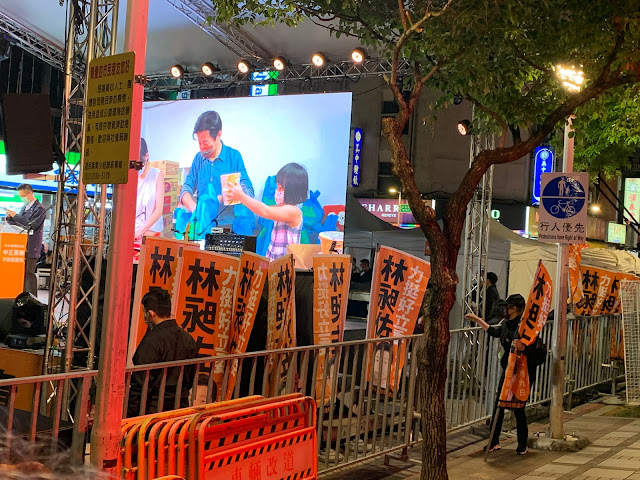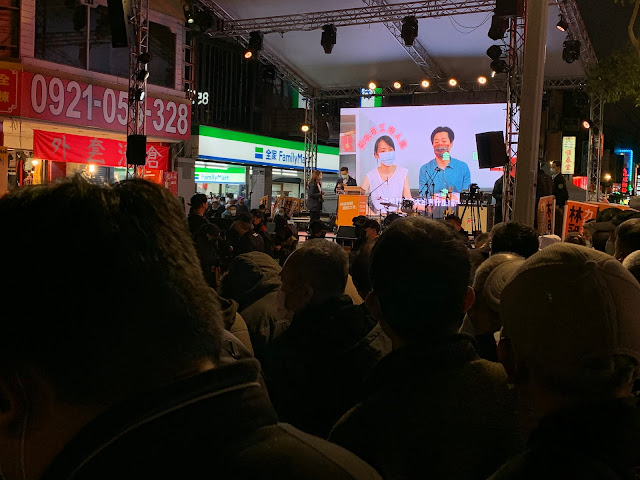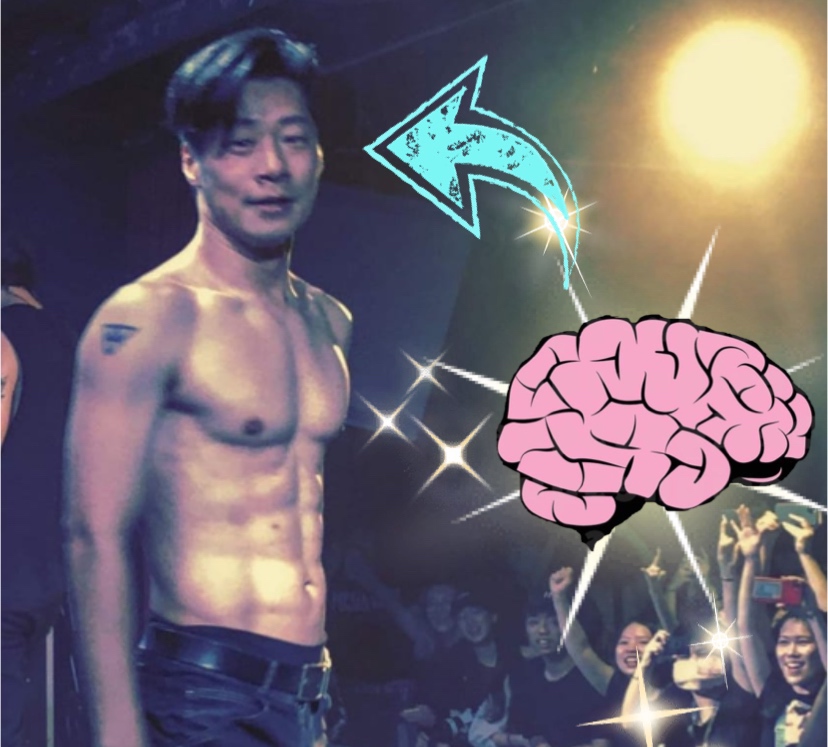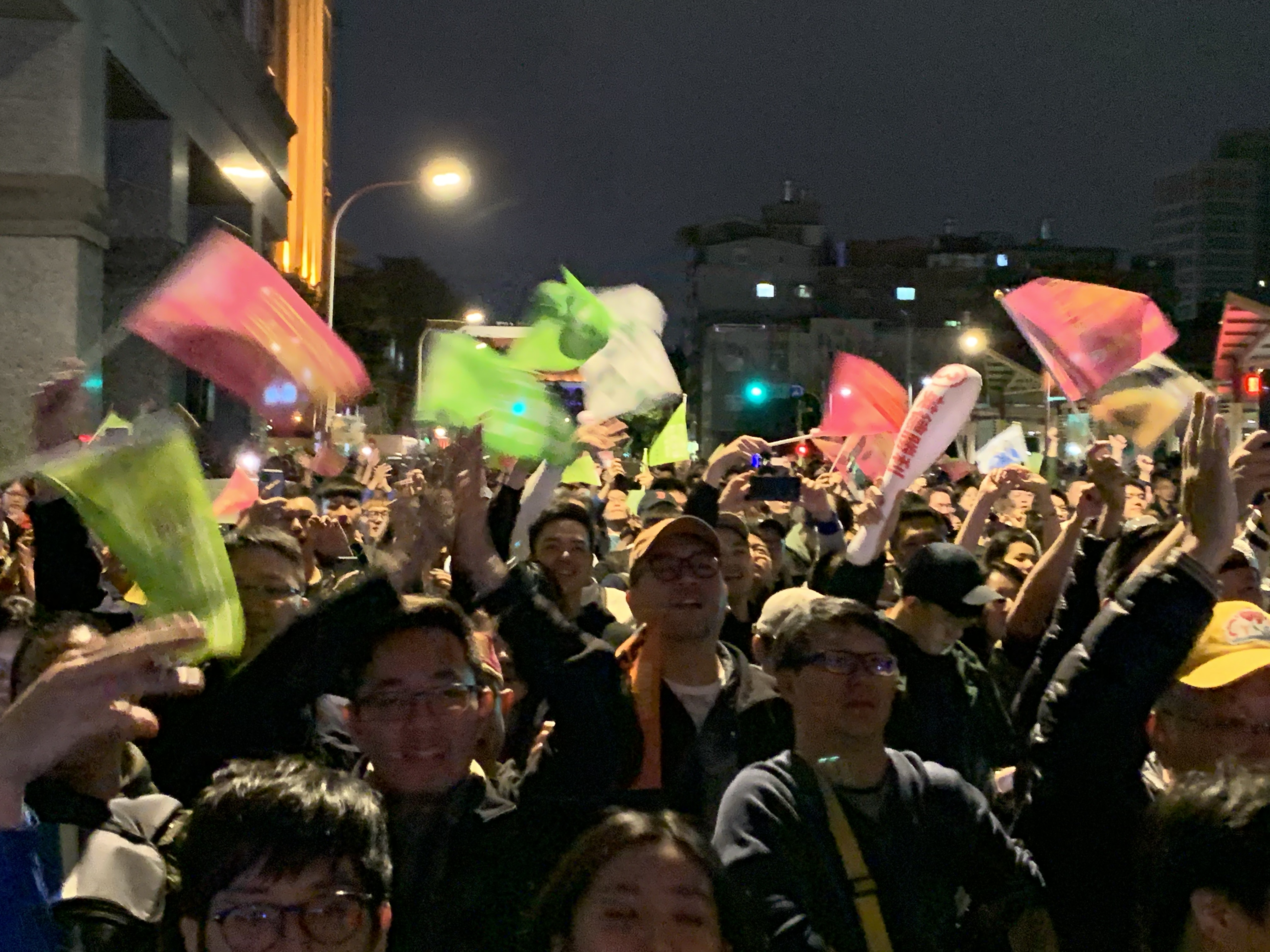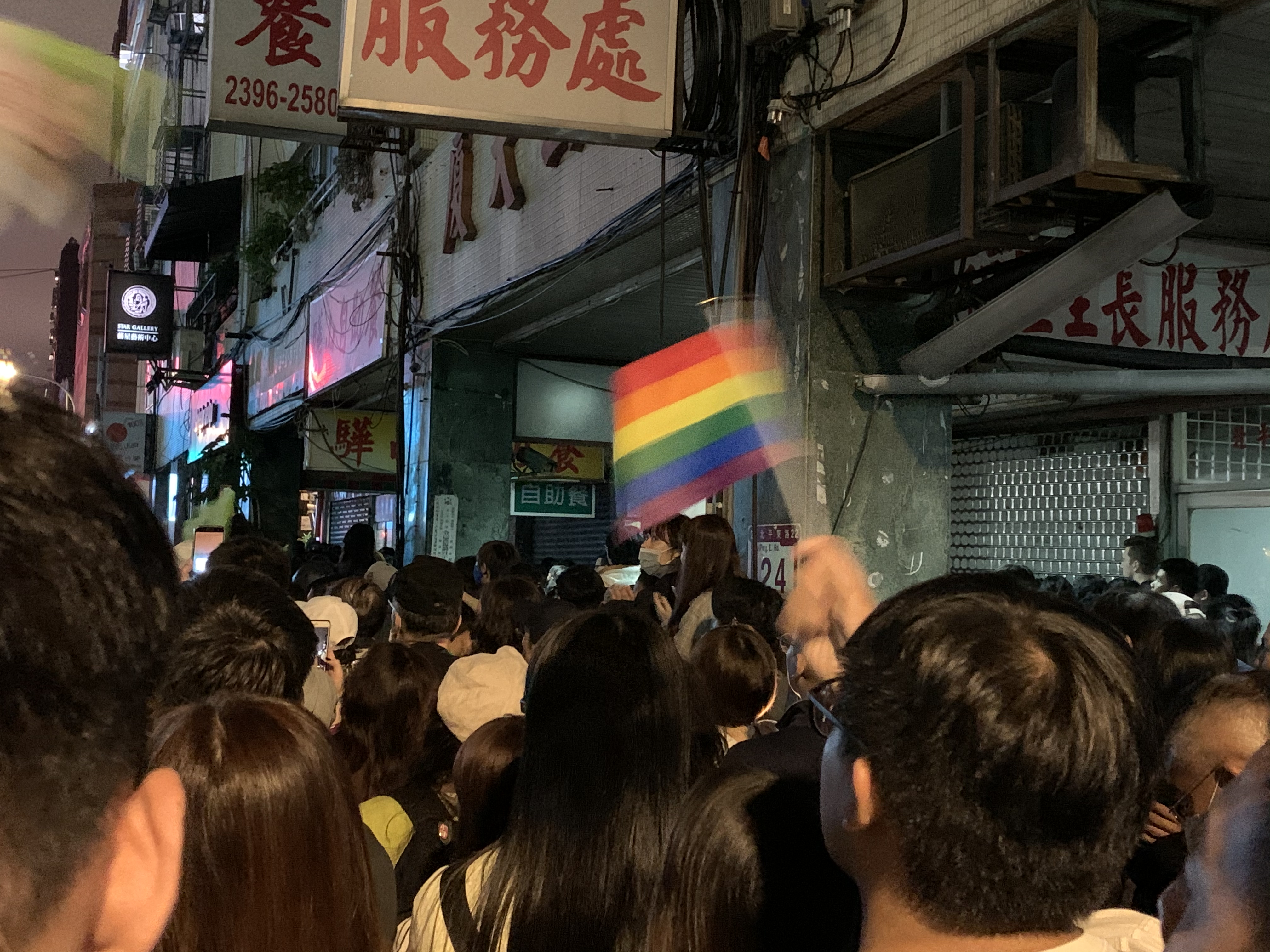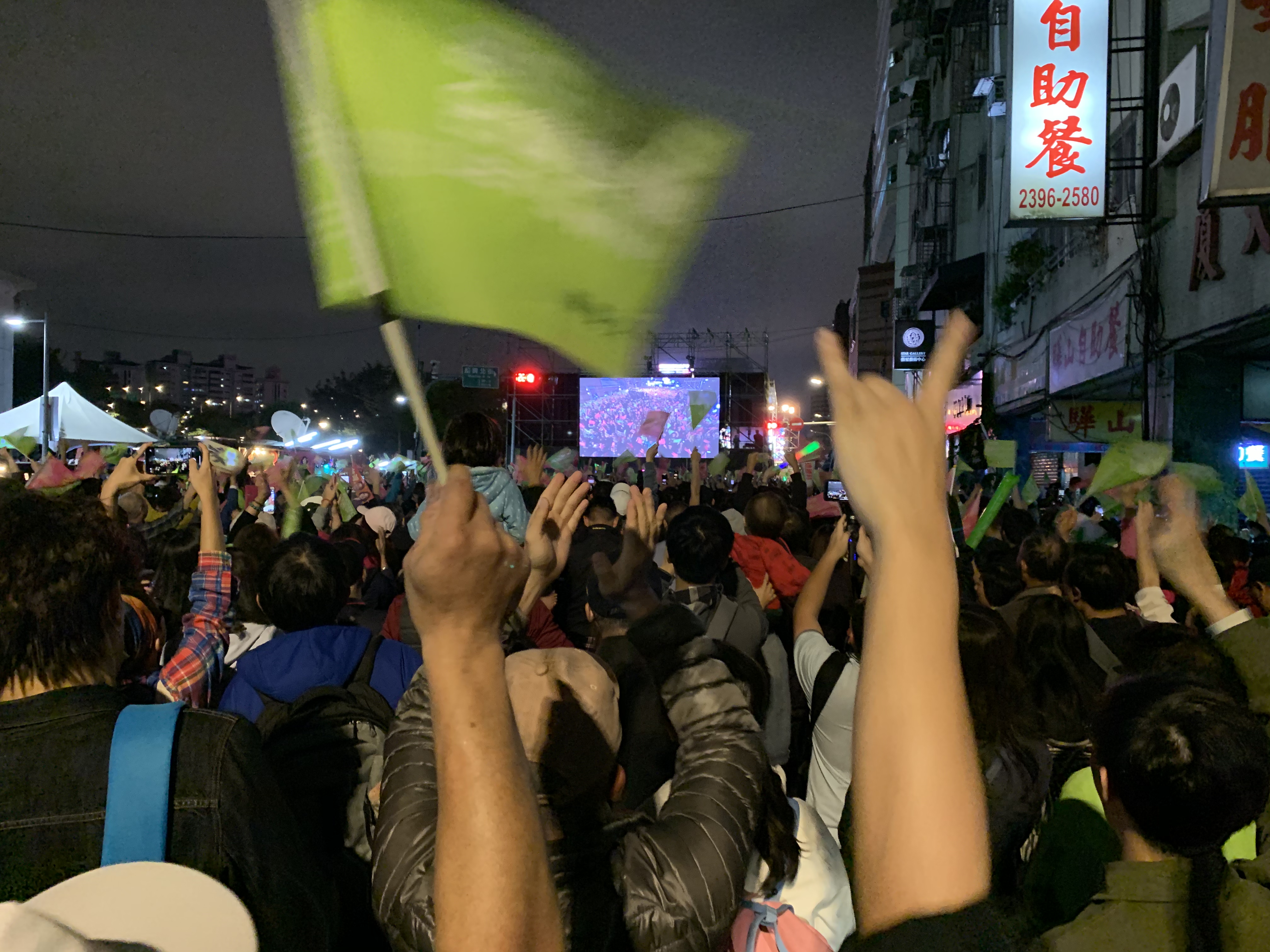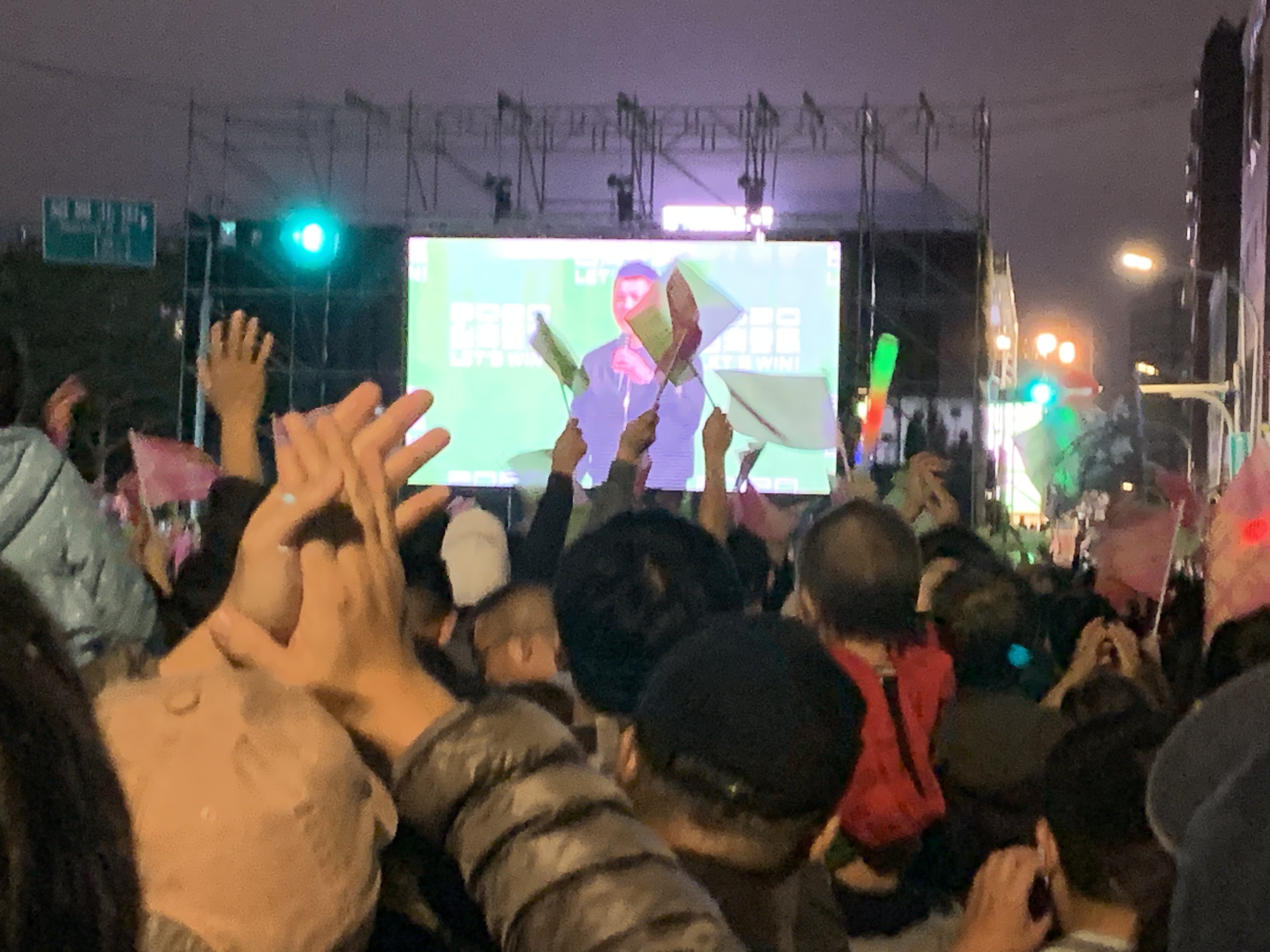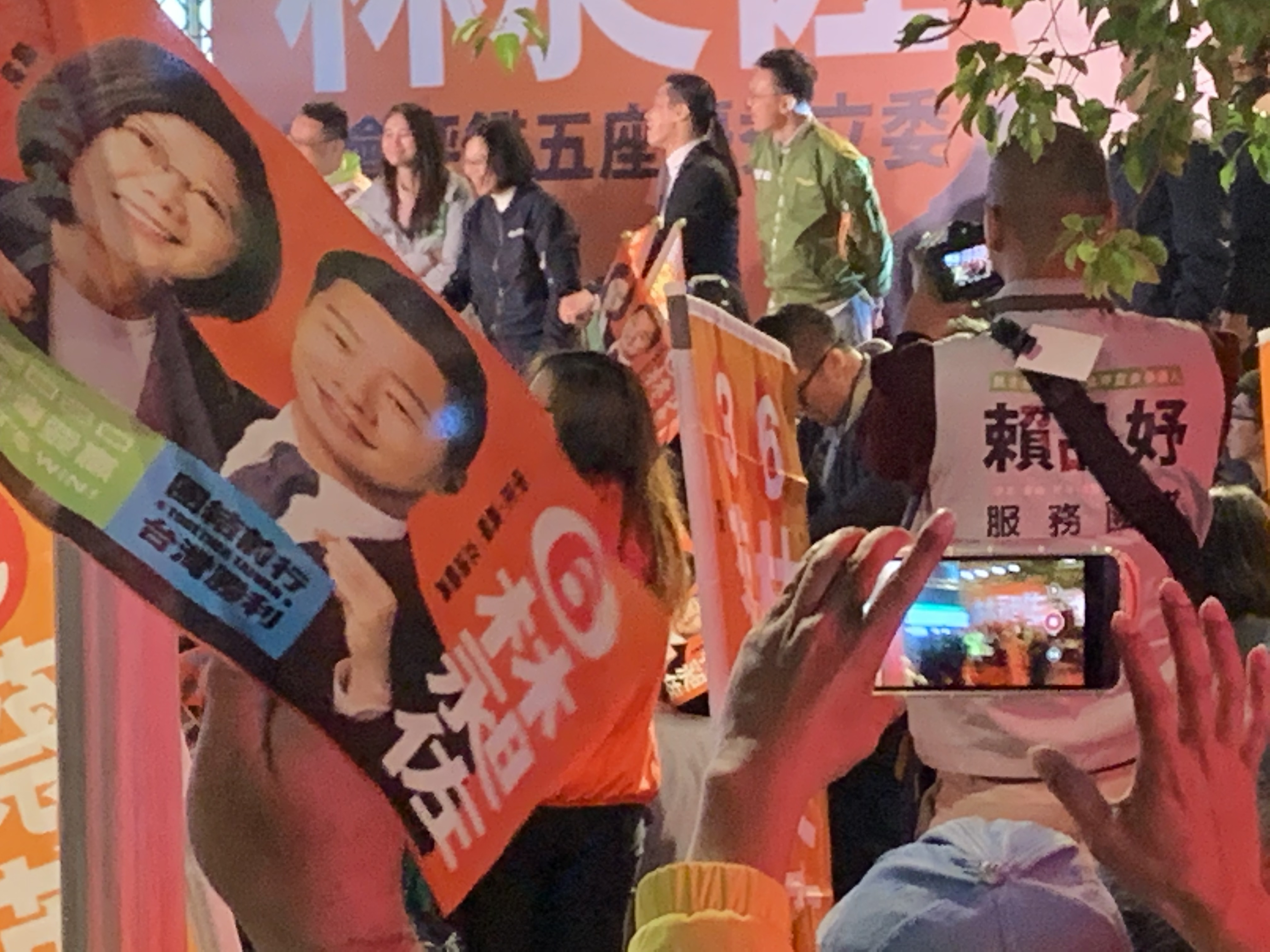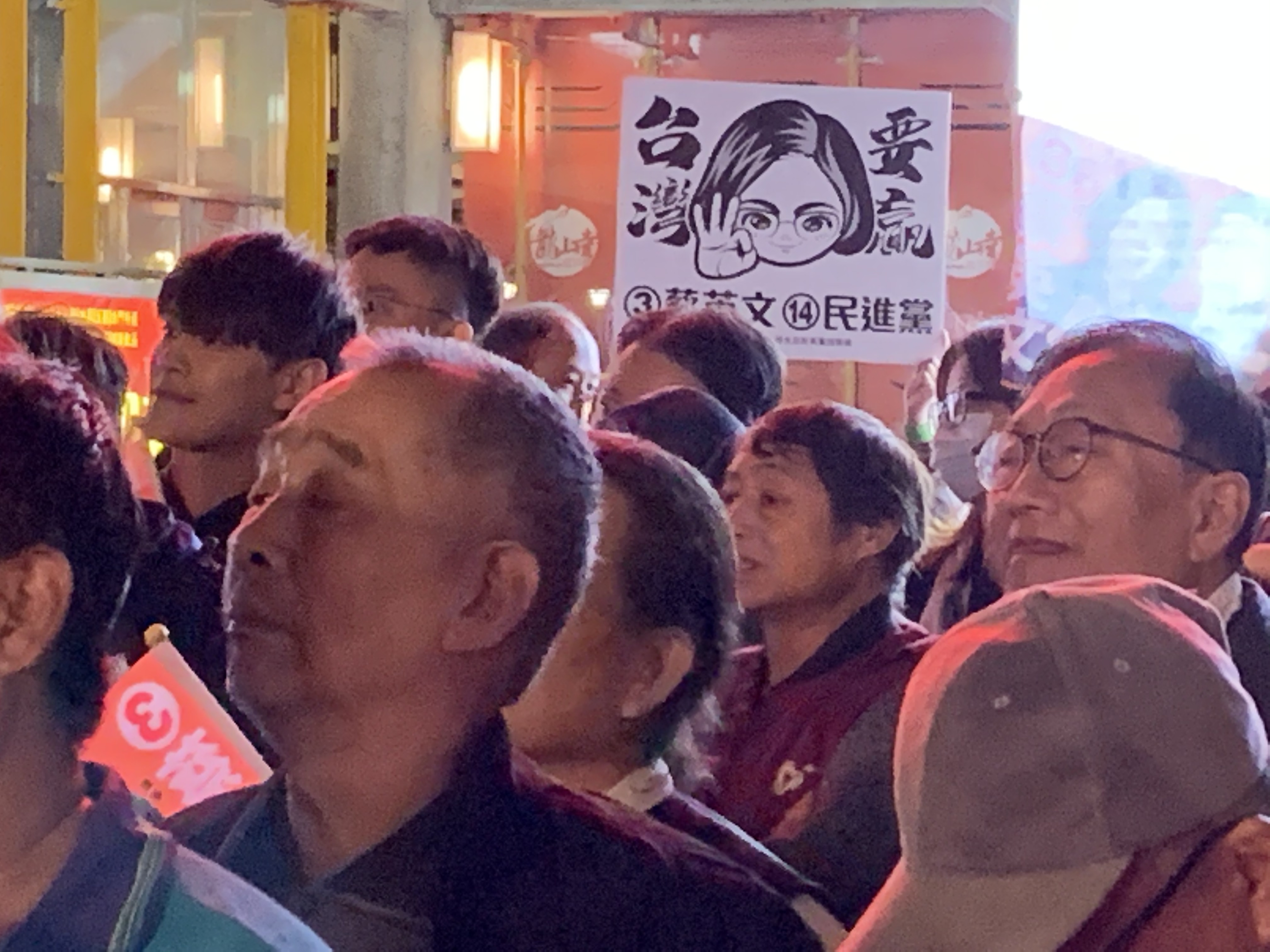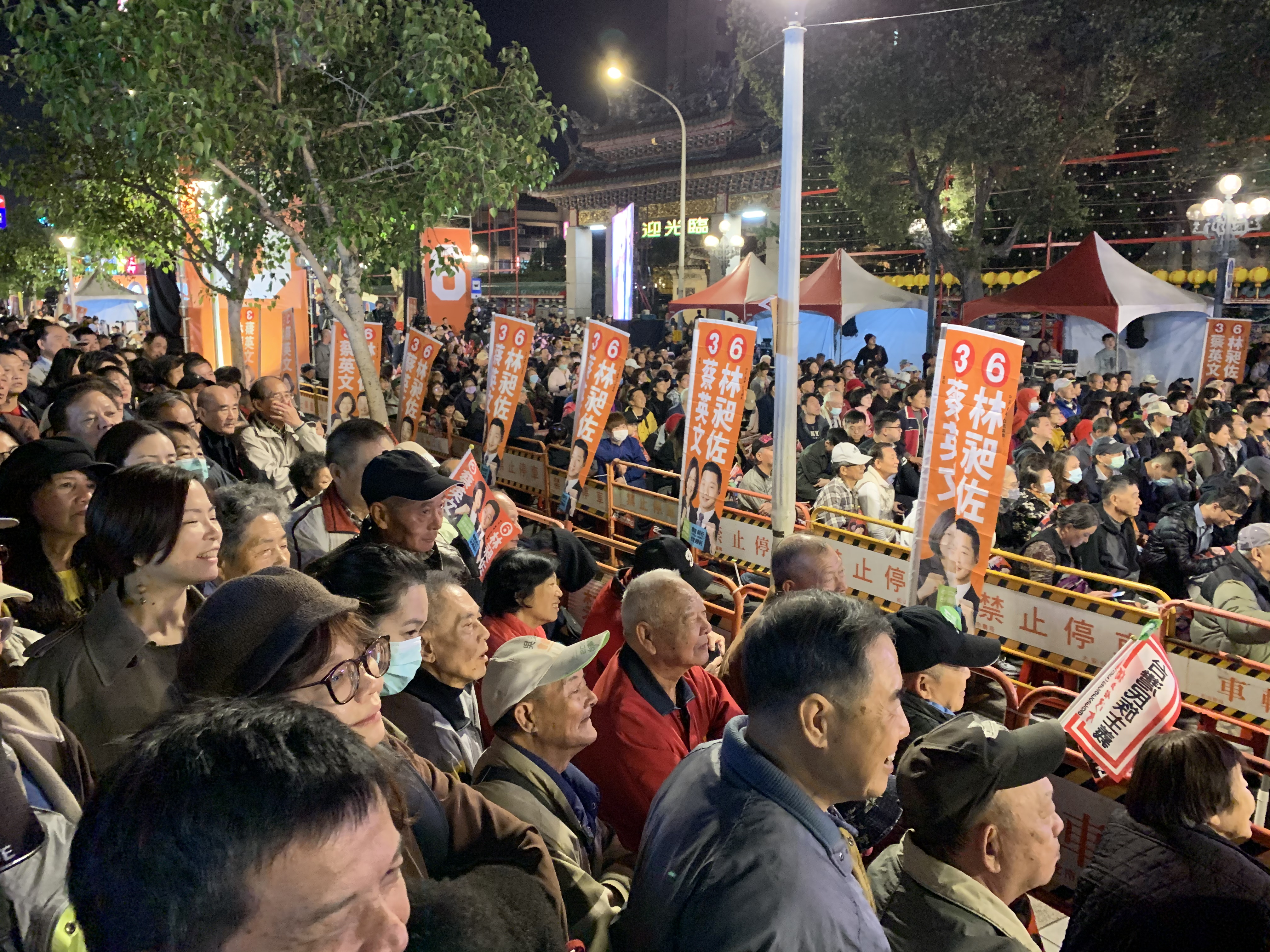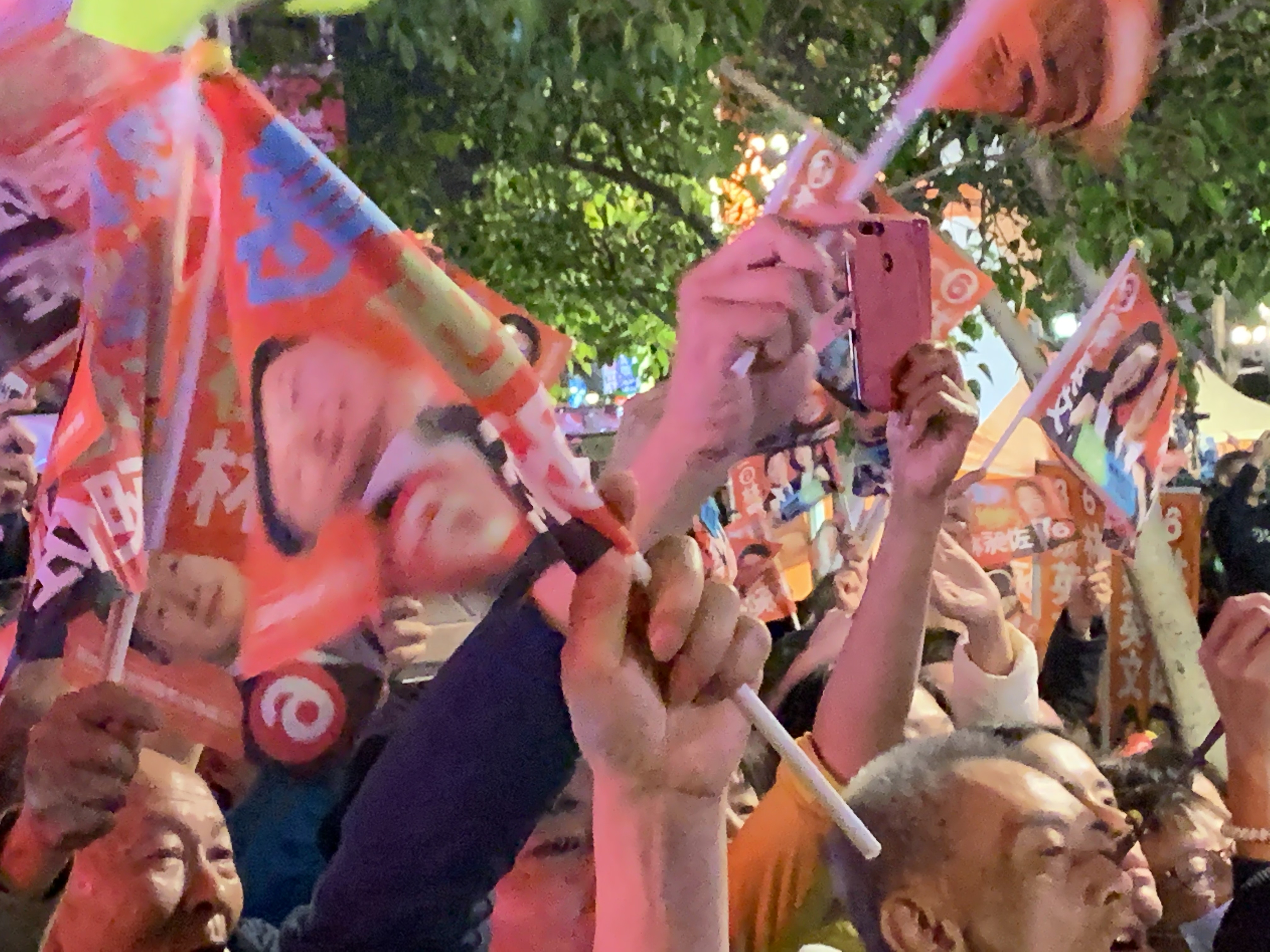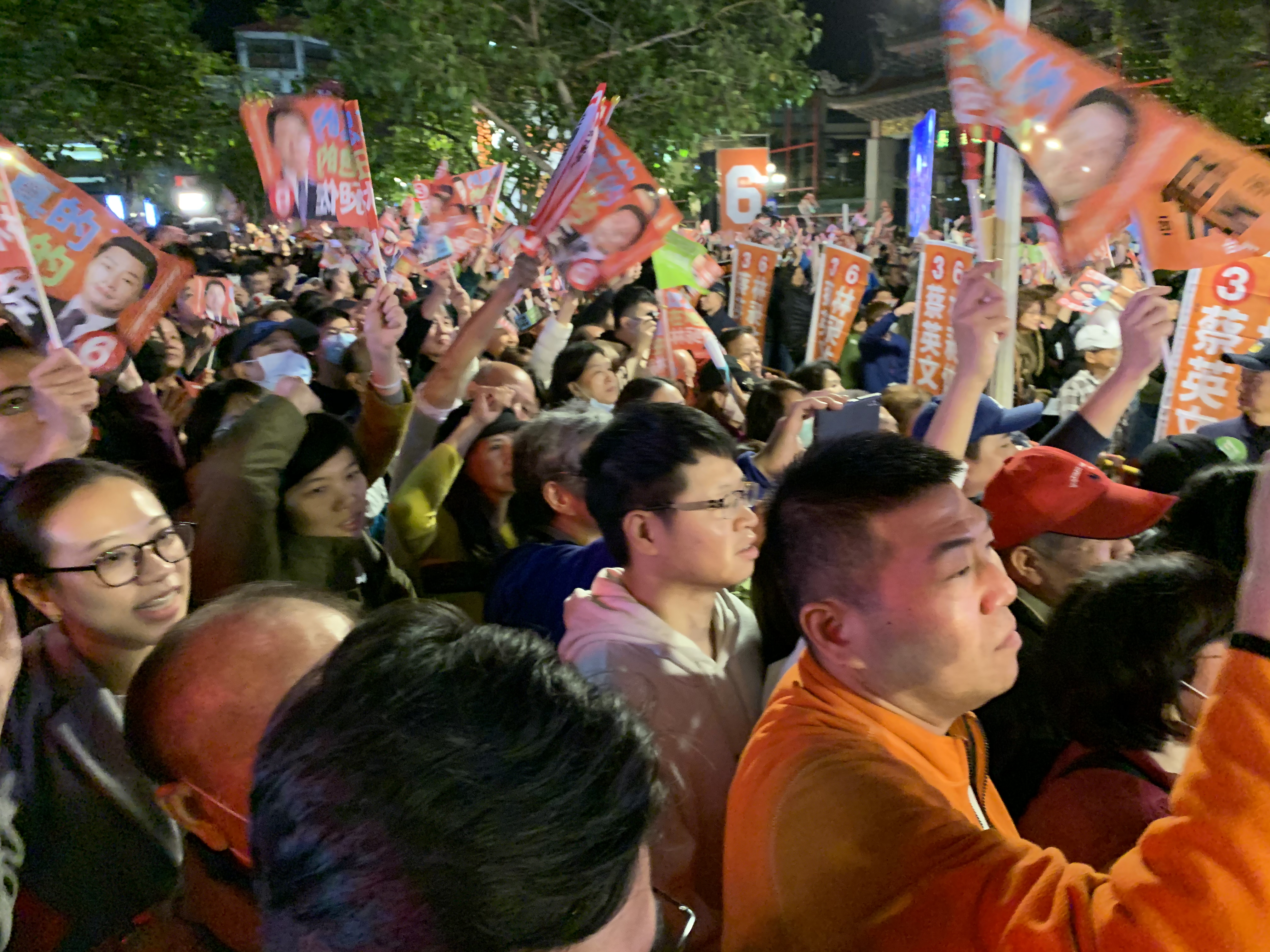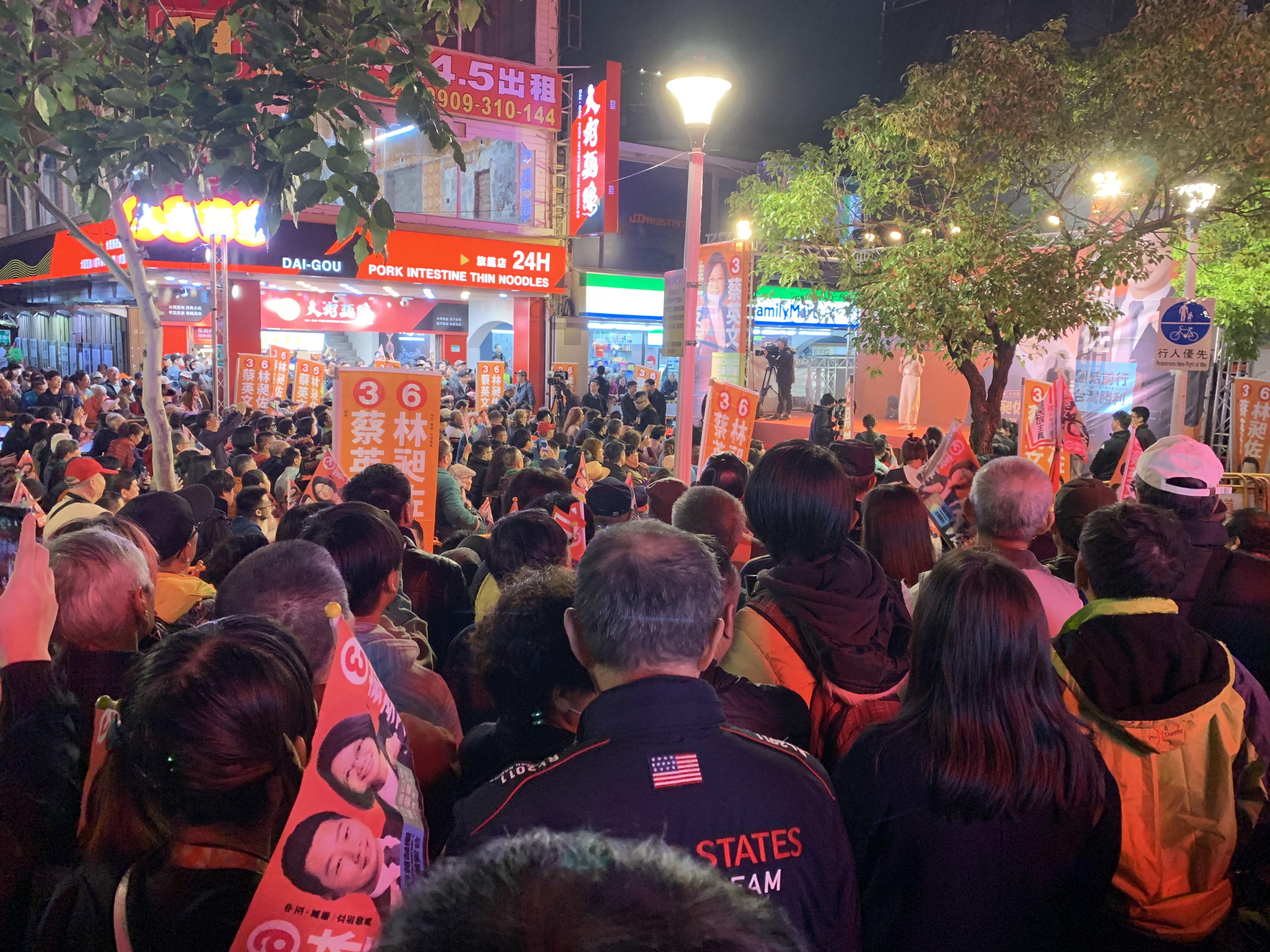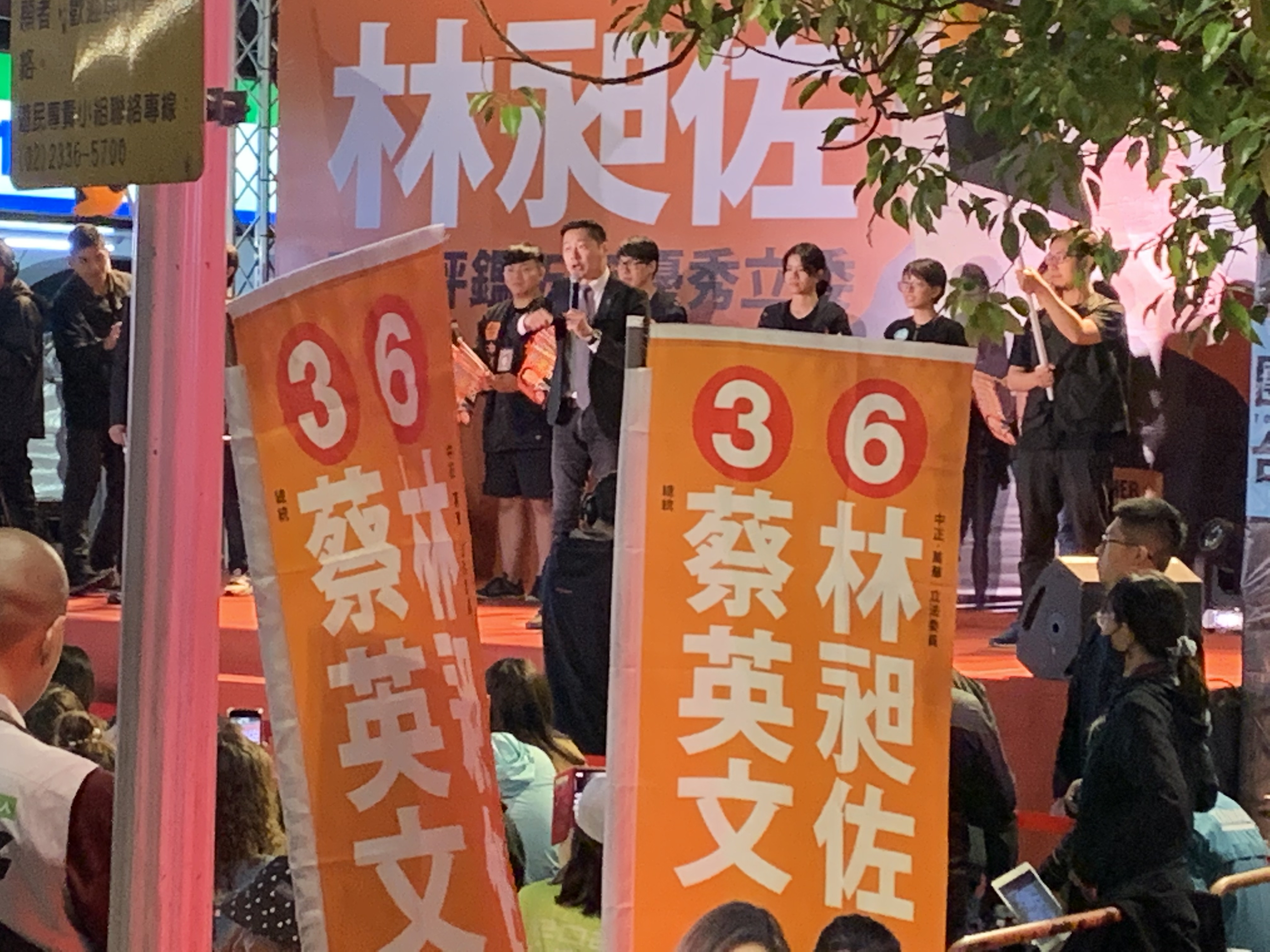I absolutely borrowed the idea for using this movie still from someone else, but my sentiments are exactly the same. Very little about yesterday was a surprise to me, but it still hurts when the city you call home decides that the least qualified candidate, who worships his Mass Murder Grandpa and Even Mass Murderier Great Grandpa, should be mayor.
I respect the democratic process and all, the people have spoken. I happen to disagree with their choice -- I'm really not a fan of Mass Murder Grandpa -- but hey, that's democracy. The losers lost with grace, lowering the voting age should have passed but didn't, and I'm not feeling great about it today.
You won't get any super original takes here: I don't comment as much on elections anymore because there are people out there (like Courtney Donovan Smith and Nathan Batto) who do a better job. All I have are some notes.
First, more people voted to lower the voting age than voted against it, but it still didn't have enough overall "yes" votes to pass. I happen to think that this isn't just the KMT perfunctorily 'agreeing' with the DPP to take the wind out of their electoral issue sails. It's very difficult to change things when voting is already skewed in favor of older people, and those older people very much have an unjustified "kids these days!" view. Plus, they know perfectly well that those "kids" mostly won't vote for the conservative hucksters they want in office. Progressives have shown they can sweep individual elections, but systemic change is far more difficult to implement.
On the reasons why the vote broke down as it did, the best take I've found is Wen-ti Sung's on Twitter. Here's a long snippet, organized into paragraphs:
DPP main progressive agenda this electoral cycle is lowering voting age to 18, hoping to use it to paint rival KMT as conservative boomers.But this got neutralized politically, 'coz this time KMT actually agrees, ('coz KMT didn't want to make it a political cleavage issue & lose young voters for nothing). DPP then defaults back to its TW nationalism card. But it faces diminishing utility, as it's been DPP's main weapon in 2014, 2016, and 2020. Fourth time is not the charm. DPP then tries intense negative campaigning against the opposition (to be sure KMT does a lot of negative campaigning, too). This includes DPP's repeat questioning of 2 opposition mayor candidates' past records, e.g. alleged misuse of government research grants, misappropriation of parliamentary assistants' overtime pay, etc.The logic is simple: If you can't win on your own merits, then try to disqualify/discredit your opponents, so you win by default. That playbook backfired -- it's never a good look to see ruling party (Establishment) to play the tired mudslinging game.It heightens voter fatigue. For weeks on end that's all the voters hear about. That dilutes DPP's agenda, and it became unclear what the DPP stands for beyond non-stop dirt, day in and day out, and a chaotic status quo of petty politics.Again, DPP and KMT are both at fault for non-stop negative campaigning this year. But voters rightfully judge the ruling party DPP by higher standards, because of what Spiderman said: "with greater power comes greater responsibility."Frustrated voters are not going to be pro status-quo, pro-incumbent voters. This means low voter turnout on DPP's side, whereas the hungry KMT voters, after 6 years in the wilderness, couldn't wait to show up on voting day to win one back.Election results in many cities suggest KMT votes turn out in slightly above average levels, while DPP significantly underperforms its baseline in many cities. (still awaiting final official data of course)This is not about China, however. If it's about Chinese economic coercion, then since 1) a lot of it is targeted at Taiwanese agricultural produce, and 2) Southern Taiwan is the agricultural hub, one would expect the South to swing the hardest against the DPP, no? But that is not the case. Southern Taiwan is the DPP's only stronghold left this weekend. So DPP's crushing defeat is not about China, but about DPP's own failure to set a positive agenda and maintain party unity. Self-inflicted wound.
Just a little side-note before we continue: solid, rational thinking like this from a Taiwanese and Taiwan-based expert should be more prevalent in international media. Perhaps y'all can stop interviewing just the same three white folks and start including voices like these? The ideas are more original, analysis better, and it's a fully-informed Taiwanese perspective. All those US-based folks seem to get issues like Taiwan/China exactly backwards, constantly, without taking into account, let alone respecting, the choices Taiwan is making for itself with the same information about China.
More people like Sung and less...whomever, please.
What disappoints me the most isn't that popular incumbents won re-election (Hou in New Taipei and Lu in Taichung). We knew that would happen. I'm not sure how good of a job Lu's done, but she doesn't seem to have performed terribly, either. Hou is extremely popular in New Taipei, and Lin Chia-long isn't even that popular within the DPP (I'm not a huge fan -- he's not the worst, but he's not the best). But I do wonder exactly what Hou has done for New Taipei, because I leave Taipei proper often and haven't really seen any improvements in the big donut. Am I wrong here, or is he mostly popular as a personality? Because I don't see that he's a particularly good mayor.
Pan-greens like to talk about Hou as the guy responsible for the death of Nylon Deng. And I do indeed think he has some culpability: he was "just following orders", sure, but he had the capacity even then to know right from wrong, surely he had the ability to know that Deng was a 'you'll never take me alive' type of person, and he chose to do the wrong thing. I don't think he should be expelled from society or anything like that, but I also don't think he should be mayor of a major city.
I also agree with Sung -- this is about not just local issues but the DPP's poor campaigning, and definitively not about China -- because the DPP incumbent who came closest to losing was Tainan's Huang, and he's not everyone's favorite within the DPP. Re-electing him on a slim margin (for Tainan) is much more likely to be dissatisfaction with the DPP generally, because if there is any city in Taiwan that doesn't f***k with the KMT or pro-China rhetoric, it's Tainan.
I'd like to move there, actually. Or Kaohsiung. I get along well with southerners, and am not looking forward to four years of whatever the Chiang machine is bringing to Taipei.
That brings me back to the newly-elected Kylo Re---I mean Chiang Wan-an. People say voting, especially in mid-terms, is based more on identity and family tradition than whether the candidate is actually good. (In national elections this also plays a role but I think young people sick of Grandpa's bullshit opinions might be a bit more serious about not voting for the Appease China party).
I know more than one person who received multiple messages from their deep blue family about how they must vote KMT. Because they're my friends and I happen to get along with people who lean green well (again, not a fan of Mass Murder Grandpa, but very much a fan of Taiwan), I know they didn't necessarily listen. But surely, some adult offspring did.
And Donovan (linked above) is correct that Chiang had a much bigger get-out-the-vote machine. I heard rumors among local friends that the DPP had "sacrificed" Chen when it became clear he was unlikely to win. I'm not sure about that, but certainly all the noise trucks and hype men annoying me across Taipei were KMT. The DPP left me blissfully in peace. You'd think that would count for something -- Mayor No-Trucks seems like a fantastic pick, and that's not sarcasm -- but apparently not.
What truly, deeply bothers me, however, is that none of this seems to have much at all to do with competence or qualifications. I don't think Hou is the worst mayor, but he's not the best. Chiang has legislative experience, but he's easily the least qualified candidate. Or as Nathan Batto put it:
Chen did briefly make an argument that I think he should have hammered more throughout the campaign. Chiang Wan-an, he said, looks new, shiny, and different, but the people behind him are the same old KMT party hacks who have disappointed you again and again.
When I switched over to Chiang’s rally, he was enthusiastically making Chen’s point. The lineup of speakers included former mayor Hau Lung-pin, former deputy mayor Ou Chin-teh, former New Taipei and Kaohsiung deputy mayor Lee Si-chuan, former Taipei Education Bureau chief (and current legislator) Lin I-hua, the head of the KMT legislative caucus Tseng Ming-tsung, Chiang himself, Chiang’s wife, and KMT party chair Eric Chu. That’s a whole slew of old KMT warhorses who don’t exactly exude new ideas.
I know that I can't say much about what the people chose. I don't even get to vote! But I can't help but think they chose something that seemed like a statement, seemed like something new, a young, fresh guy. What they really chose is same-old-same-old, with the same (literally) old hacks informing the same-old "good for the Boss Class" ideas. Plus, an idolized Mass Murder Grandpa. The KMT tends to win not just because they might have a real edge in local elections, but because they've never truly been held accountable in Taiwan for the horrors they perpetrated. And that's in part because again, voting is skewed in favor of old folks, and some of those old folks either weren't affected by those horrors, purposely ignored them, or are actively culpable for decades of oppression.
And again, changing that requires systemic shifts, which are difficult to pull off because it's not one party campaigning for and the other against, but a whole system of people who don't want the "wrong" guy elected -- and who want to control their grandkids and are increasingly pushing against their own irrelevance.
Some grandkids push against this, some don't, but ultimately the system is skewed and it fights to remain so.
Let's end on a hopeful note. I'll soon be writing about one other thing I noticed this year: multiple friends who have no Taiwanese ancestry but became Taiwanese, who voted, mostly for the first time, in this election. The number of people I know personally who've managed this is fewer than ten, but this is the first year that it's not zero, or perhaps one.
That's a tiny change. Miniscule. Makes no difference to the current environment. But I'm choosing to see a single rivulet as evidence of a coming shift. Not "foreigners en masse becoming Taiwanese and voting", but the Taiwanese electorate continuing to move away from the past and toward a more open and more diverse future.
It's not much, but it's all I've got and I will cling to it.



